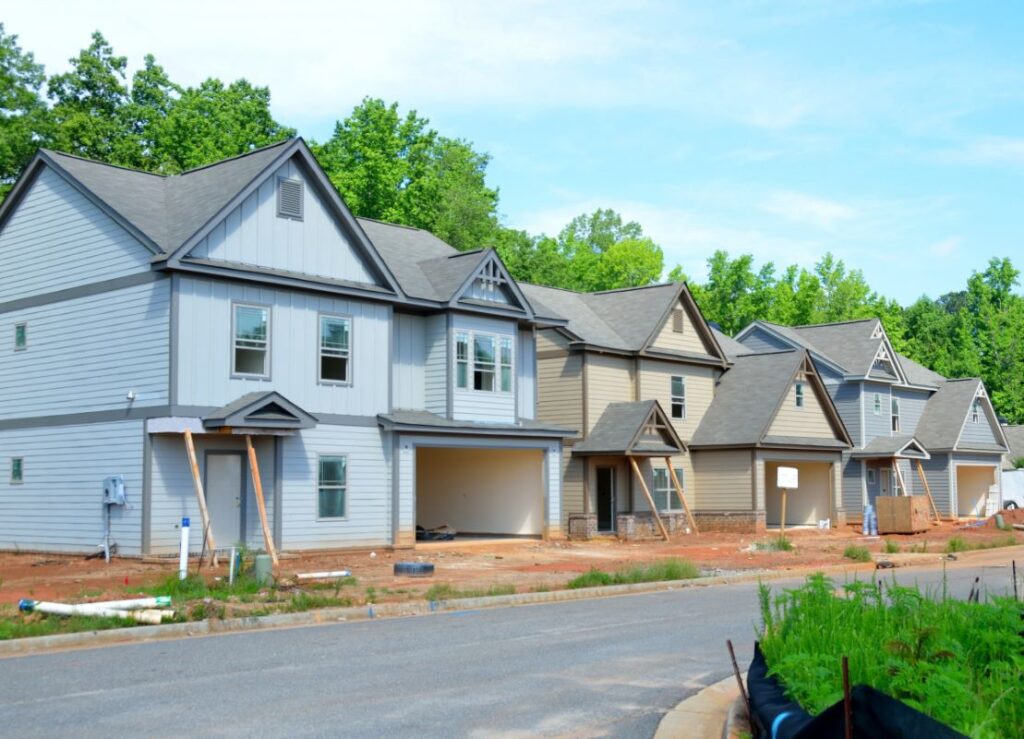FHA loans for investment property are a government-sponsored line of credit. Short for Federal Housing Administration mortgage loans, FHA loans offer borrowers easy qualification criteria, making property acquisition available to anyone who qualifies and makes an effort.

FHA loans are indeed designed for property acquisition. However, any slight indication that the loan is intended for investment properties may result in the decline of the loan offer. Interestingly, applicants can circumvent this caveat. They can use the loan to acquire a multiunit property and treat one of the units as their primary residence. With this approach, the FHA agrees that the loan was expended on the acquisition of a personal residence.
For example, an FHA loan applicant could apply for a mortgage loan and use the approved funds to buy a triplex property. So far, the applicant can reside in one of the units for a minimum of one year; they can let out the remaining two units as investment properties. Now, let’s look at some of the application criteria.
Understanding FHA Loans
FHA loans are the brainchild of policymakers in The Department of Housing and Urban Development (HUD) and the Federal Housing Administration. The original goal is to make homeownership easy for the average American.

The application criteria for FHA loans are so lenient that they give low—and moderate-income families a shot at homeownership. This is only possible because the FHA investment property down payment is ridiculously low, and the debt-to-income ratio is often very flexible.
Consequently, FHA loans fall under the category of non-conforming mortgages. Due to its ridiculously relaxed qualification criteria, FHA loans are easy to access. However, due to the massive portfolio of loans involved, it is not supported by Freddie Mac or Fannie Mae.
ALSO READ: Credit Union vs Bank Mortgage: How to Make the Right Choice
Is It Possible to Use an FHA Loan for Investment Property?
If the loan application explicitly states that the funds will be used to acquire an investment property, it will not be approved. The only condition that makes it possible to use FHA loans for investment property is that the facility is residential, and a portion of it is the applicant’s primary residence.

Unfortunately, the average real estate investor is not ready to live on an investment property. So, the FHA loan investment route seldom works for them. The FHA is not bankrolling it if it’s not your primary residence. However, the story is different for investors who don’t have particular reservations about living in an investment property.
For example, real estate investors who flip houses could easily get an FHA loan to acquire a multiplex investment property. They only need to convert one of the units to their personal use and ensure the property meets FHA loan requirements.
How to Leverage an FHA Loan for Investment Property
Let us consider some ways to exploit FHA loans for investment property.
1. Rent Out a Residential Property
After acquiring a residential apartment with your FHA loan, homeowners with such properties can monetize it after a minimum property occupancy of one year. For example, when a homeowner has another property, they could move to the second house and rent the one purchased with the FHA loan.
2. Acquire a Multiplex Home
FHA loans allow applicants to put in the money to purchase multi-unit properties. They can sign up for mortgage loans to buy an upper limit of four residential units. So far, at least one of the four units is occupied by the owner; the other three units can be rented out as FHA loans for investment property.

3. Use an FHA 203(k) Loan to Buy a Property that Requires Major Renovations
Depending on the facility’s standard, some properties may fail to meet FHA home requirements. However, investors can take out an FHA 203(k) loan, which provides financial provisions for the repair that the property might require.
4. Refinance Your FHA Loan
Another route for eliminating all restrictions on FHA loans for investment property is to refinance the loan. The owner of an income property purchased with an FHA loan can refinance their loan if their credit score and income have improved considerably since they first purchased the property. Such refinancing may result in an outright conversion of the FHA loan to a regular mortgage.
In addition to relaxing investment restrictions on the property, the homeowner may even be able to lower their interest rate and monthly mortgage payments.
ALSO READ: Understanding a Reverse Mortgage Line of Credit
How Long Do You Have To Live in an FHA Home Before Renting
With properties procured with FHA loans, owners don’t just have to live there; it has to be their primary residence. By implication, even if they have other homes, the FHA loan property needs to be their primary address. In addition, the homeowner needs to occupy the property for a standard period of 12 months after closing the acquisition deal.
There are well-spelt-out life circumstances that could cause exceptional considerations. Intentionally flouting these rules may come with legal consequences. For example, a jail term of one to five years could be meted out as a penalty for renting an FHA home. Authorities usually label the offense as mortgage fraud.

